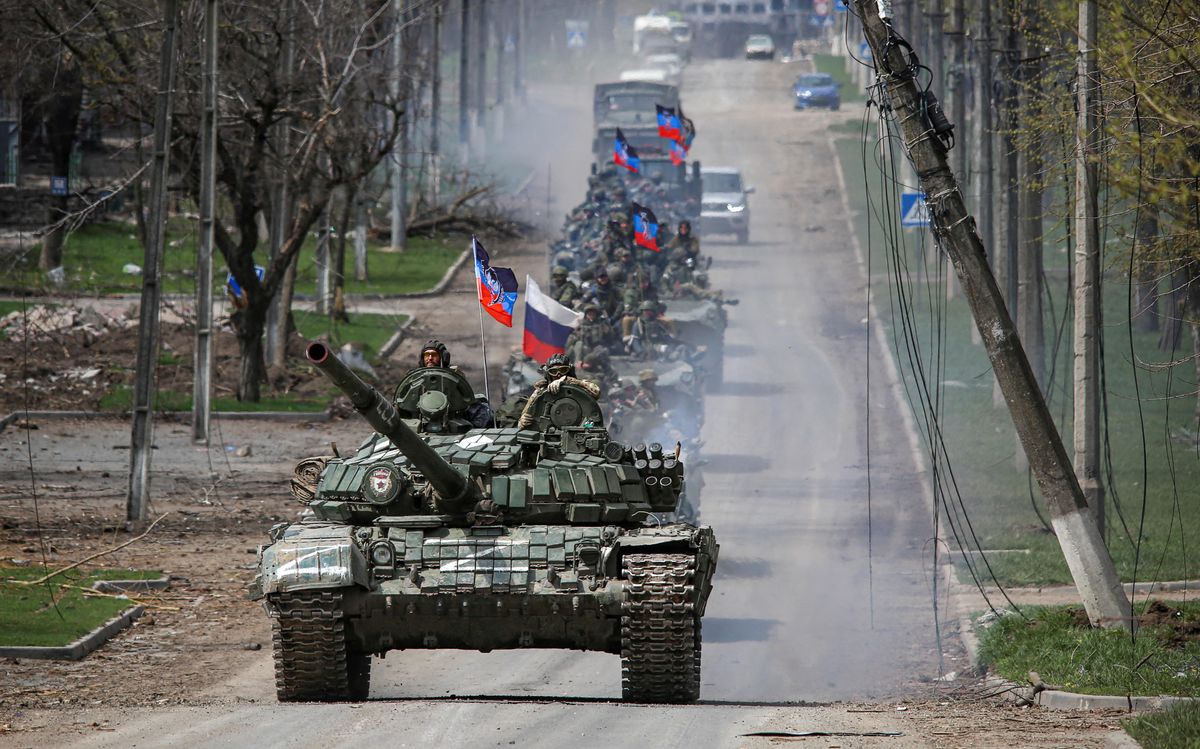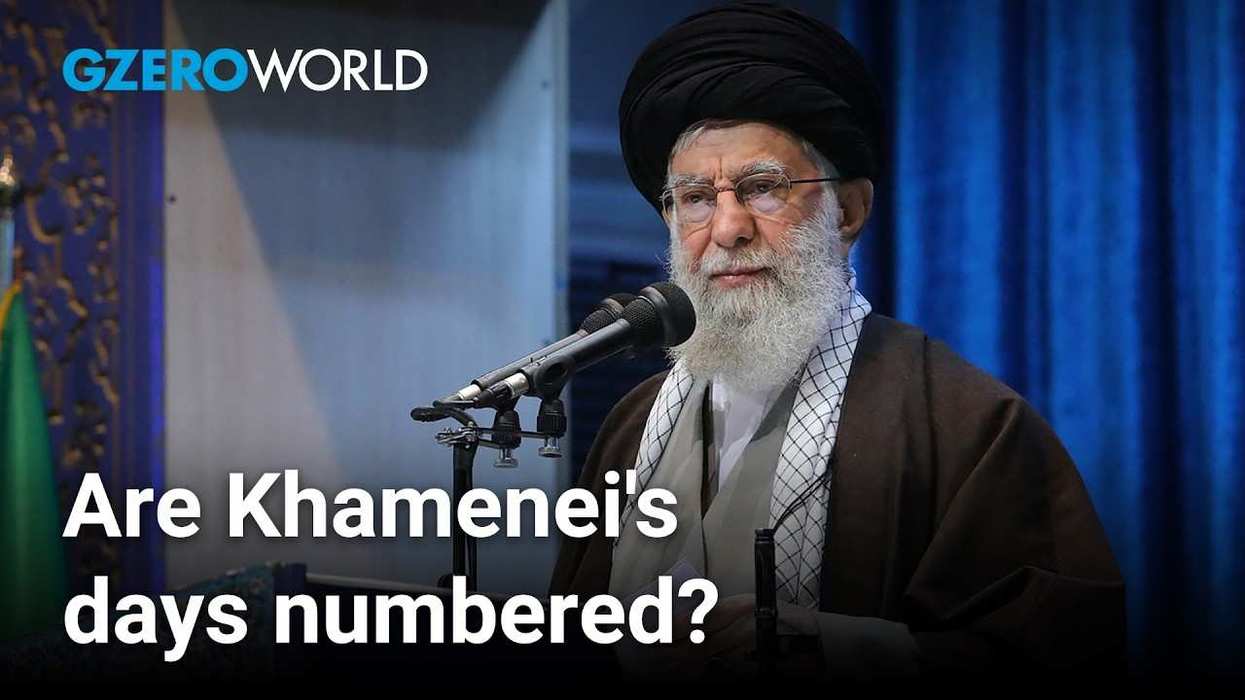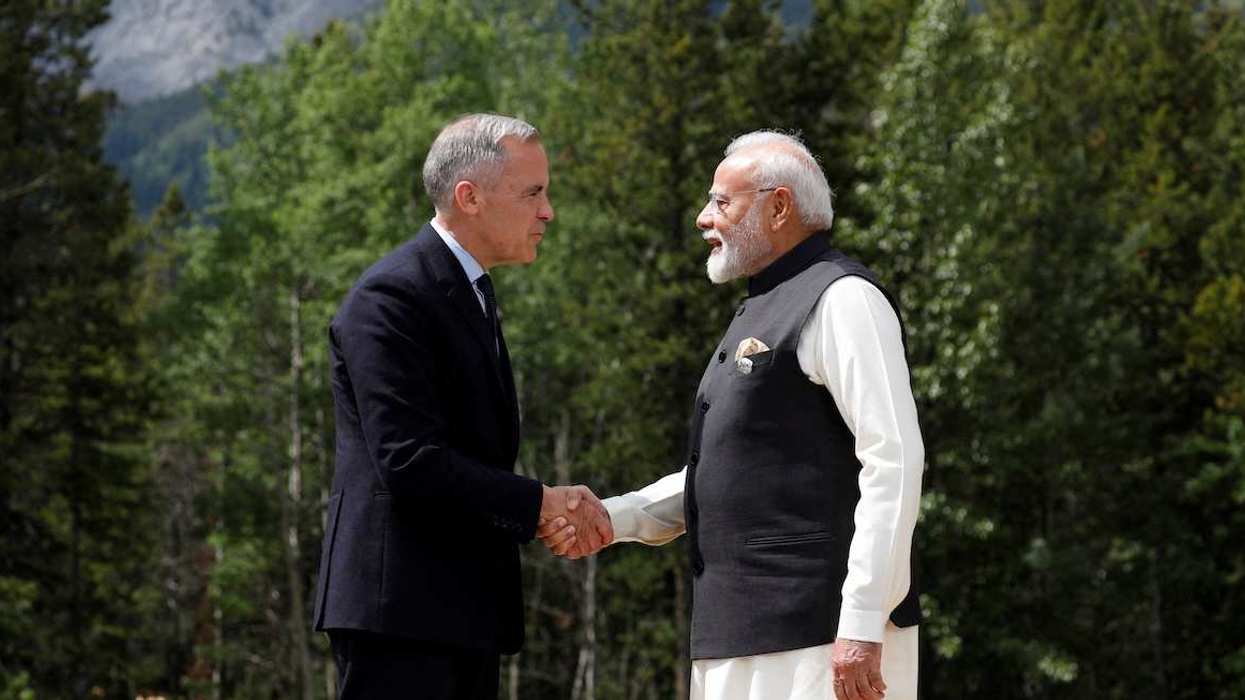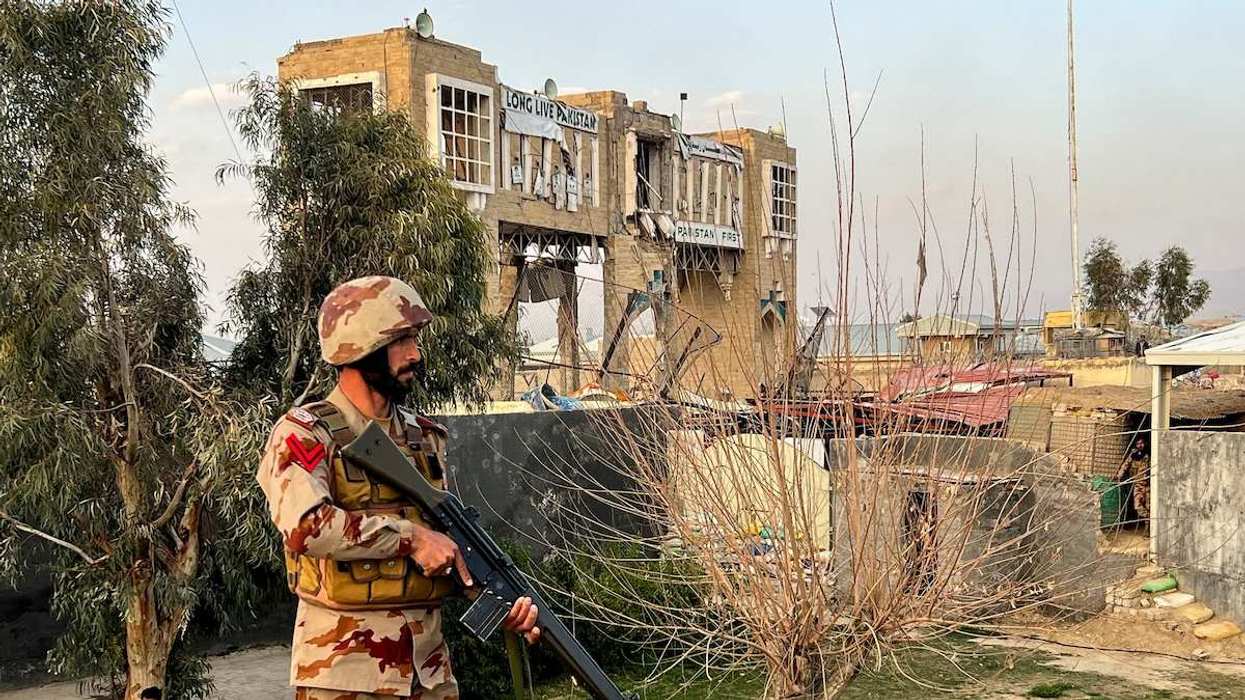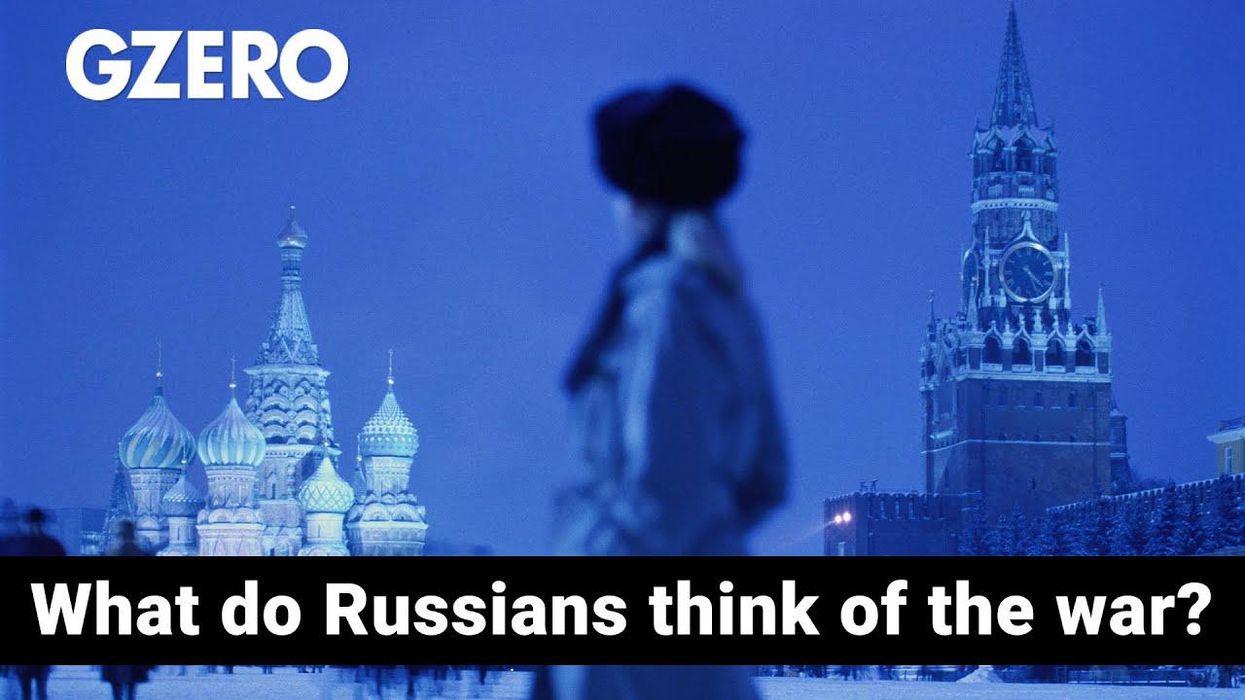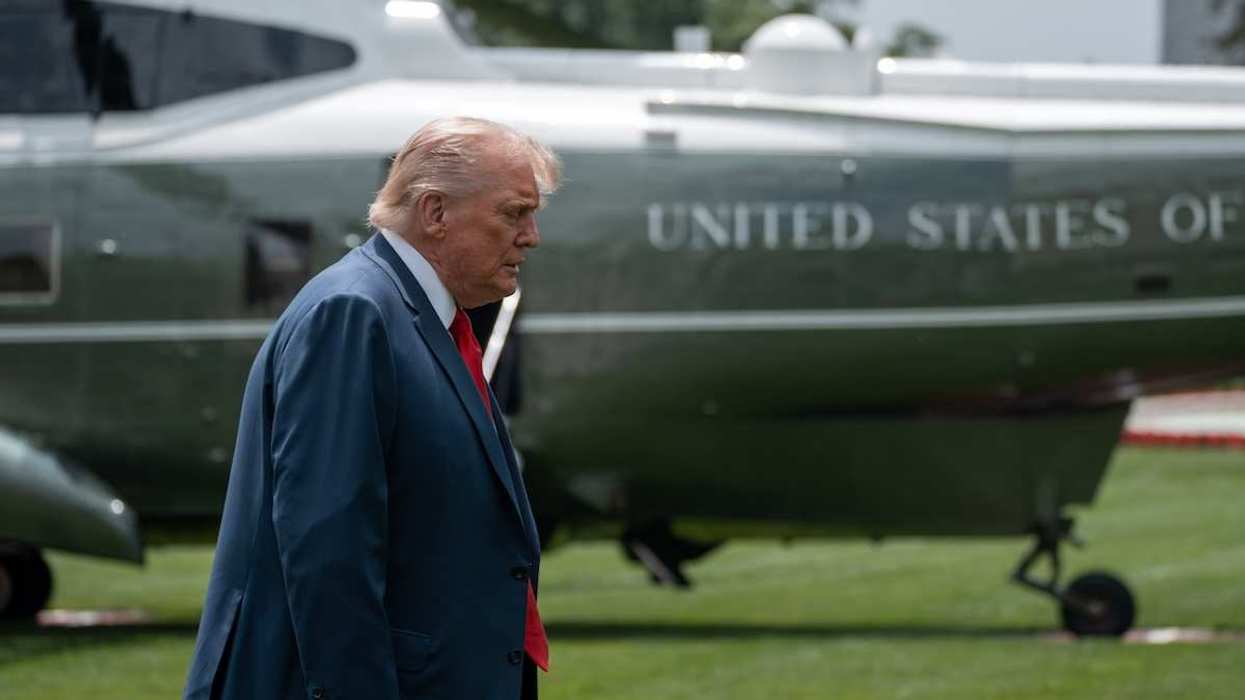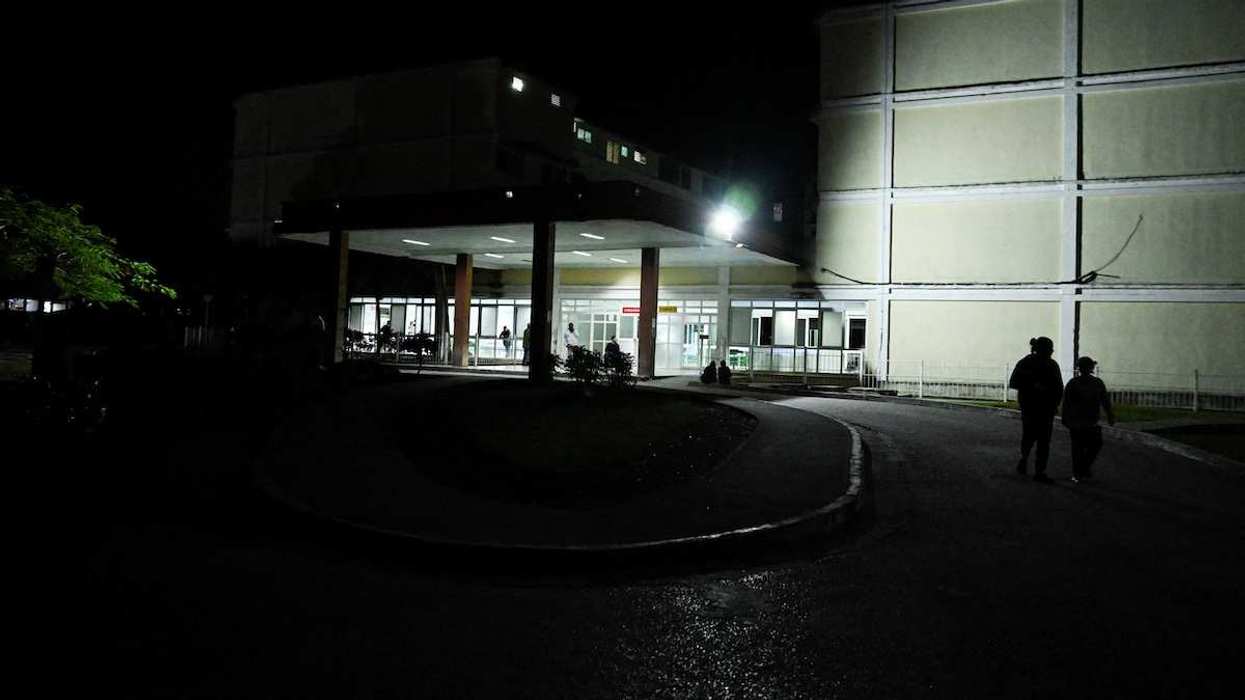Depleted Russian forces?
As Moscow struggles to rack up battlefield wins — narrowing its focus to the Donbas and to building a land bridge to its forces in Crimea — it’s reasonable to wonder just how potent Russia’s military really is. Most media information on the war comes from the Russian and Ukrainian governments, both of which need to sell the idea of Russian military might. The Kremlin needs to maintain troop and civilian morale, and Ukraine needs to woo Western support. But independent military analysts stress the Russians’ current limitations. “Russian [battalions] have taken high casualties in the battle of Mariupol, are degraded, and are unlikely to possess their full complement of personnel,” according to the Institute for the Study of War. As for elsewhere in Ukraine? “Reporting on numbers of [battalions] without additional context and analysis of the combat power of these units is not a useful evaluation of Russian forces,” it said.
Beijing lockdown jitters
After Shanghai, will Beijing become the next major Chinese city to lock down under Xi Jinping's zero-COVID policy? On Monday, authorities in China's capital began testing Chaoyang district’s 3.5 million residents after logging 26 new infections over the weekend. That may not sound like many to those living in the US or Europe, but Beijing wants to avoid what happened to Shanghai, which has been under partial lockdown for almost a month. Some hardline zero-COVID supporters say China's largest city waited too long to make the call, so now it's resorting to extreme methods like fencing off high-risk districts as cases spread. Xi may fear that a long Beijing lockdown could turn into a highly sensitive political issue in the capital just as he seeks a norm-defying third term as president at the 20th Party Congress this autumn. Still, people have begun panic-buying, and the fact that the virus has been circulating in Beijing for days means it's likely to spread outside Chaoyang, Beijing's most populous district and business hub.
Nicaragua quits OAS
What do you do if you're a strongman who keeps failing a pesky regional institution’s democratic sniff test? You leave, of course. That's what Nicaragua's President Daniel Ortega did on Sunday by withdrawing from the Organization of American States, which has long pressured Ortega to deliver on his election reform promises. The OAS says his November "re-election" for a fourth term was anything but fair, while the Nicaraguan government claims the institution is a "diabolical instrument of evil." Almost on cue, Venezuela supported Nicaragua's exit from the OAS, which Caracas regards as “an instrument of US imperialism.” Bombastic statements aside, Nicaragua's withdrawal is hardly a surprise. Ortega and the institution have been at odds for years as the country has slid into authoritarianism. But there's a catch: the OAS says that Nicaragua is welcome to leave but cannot do so (formally) for another year because it announced its decision while it was still an active member.